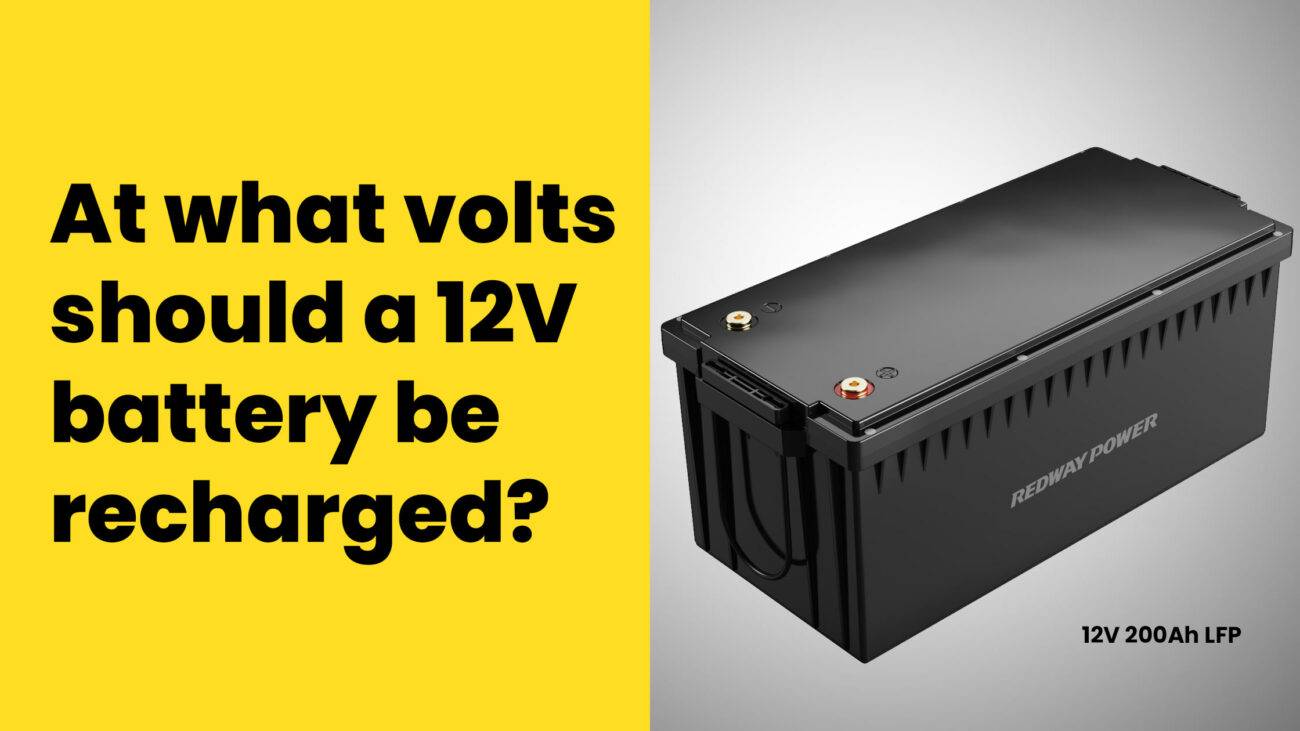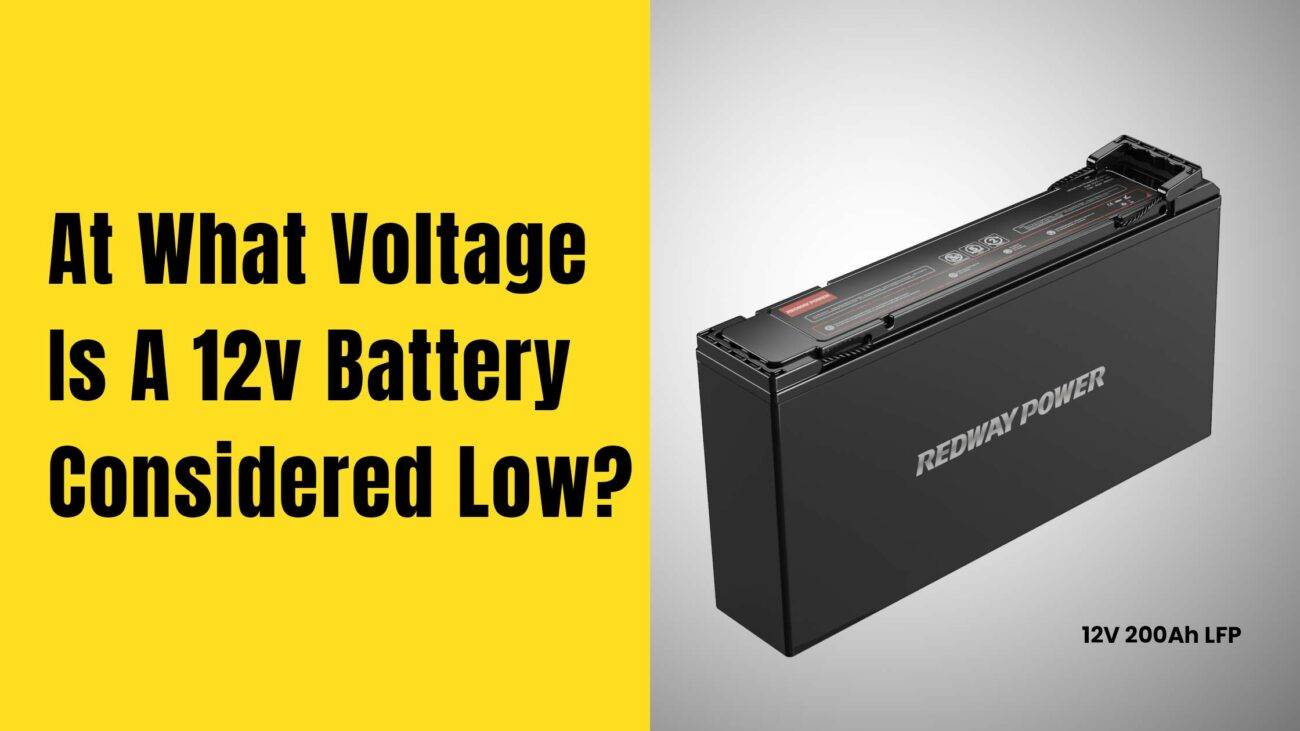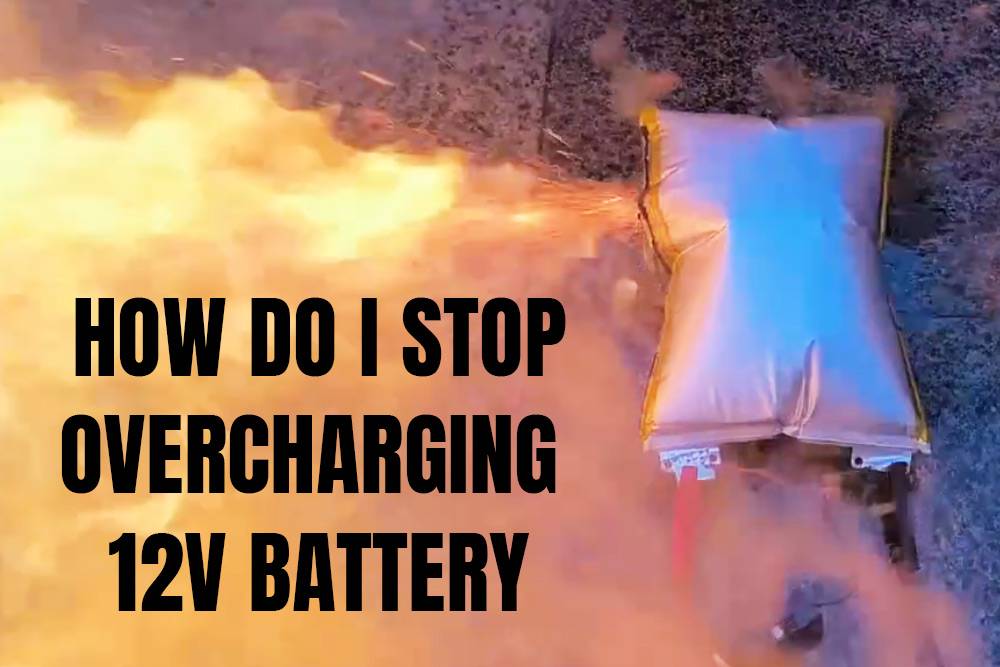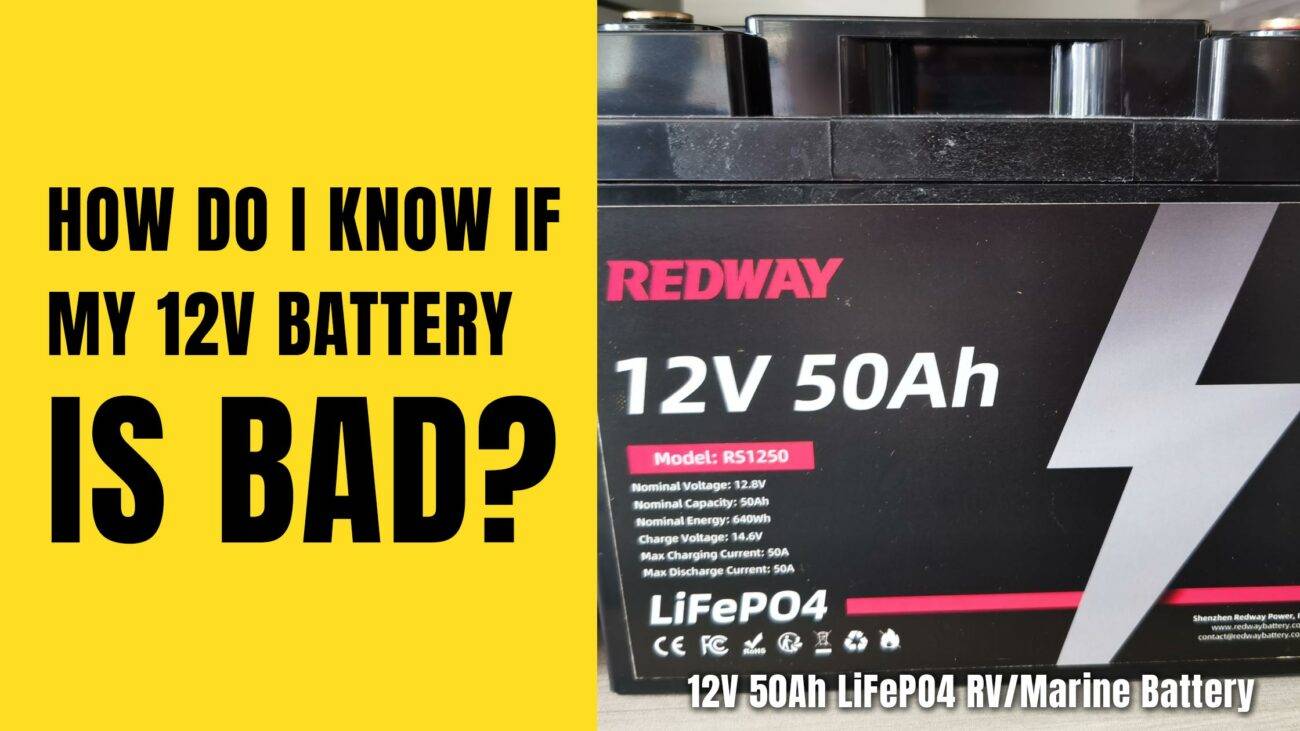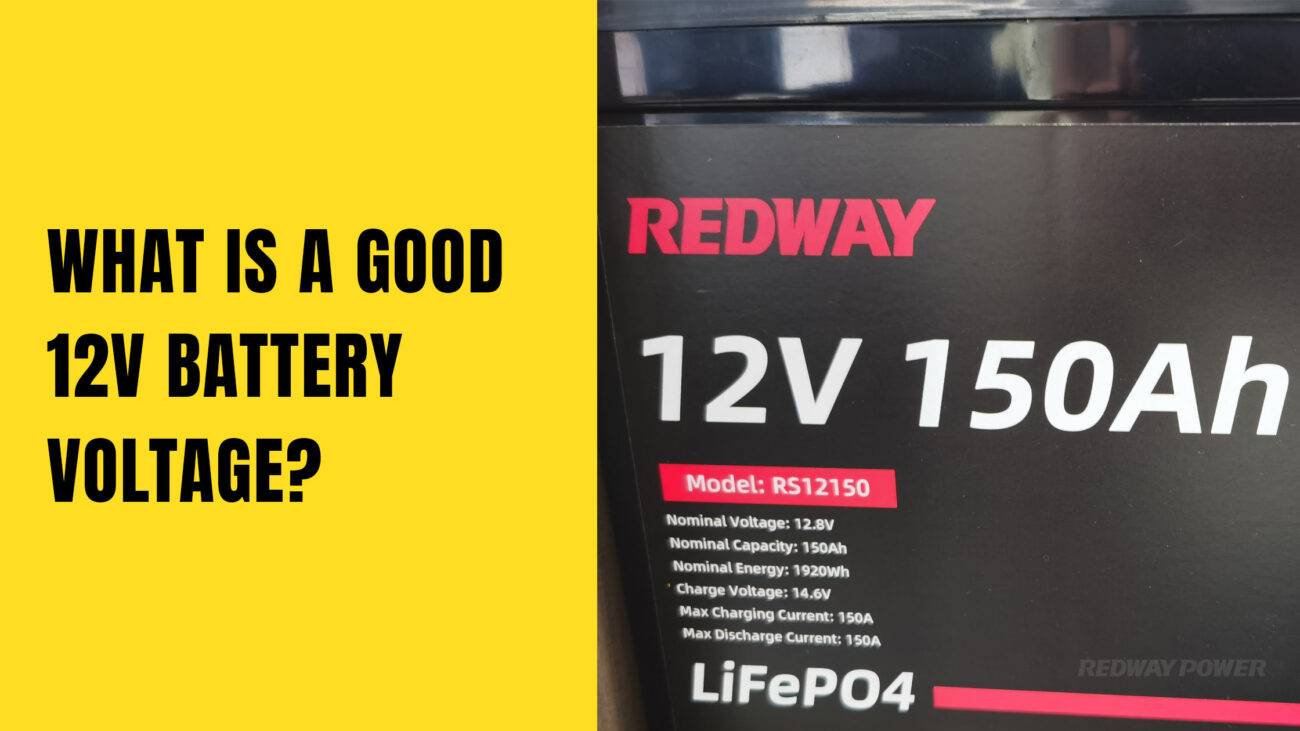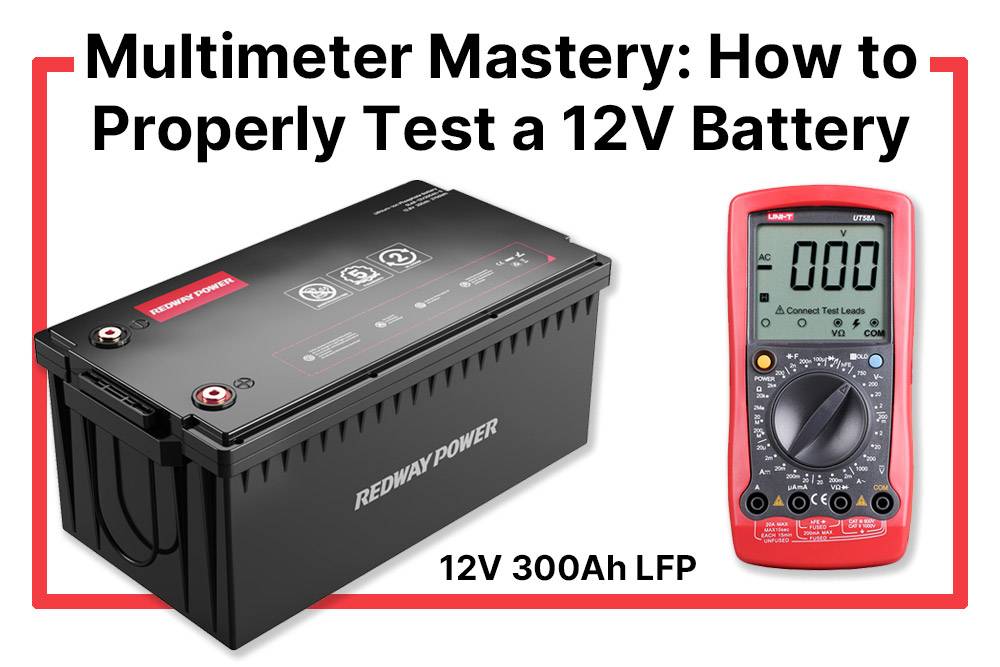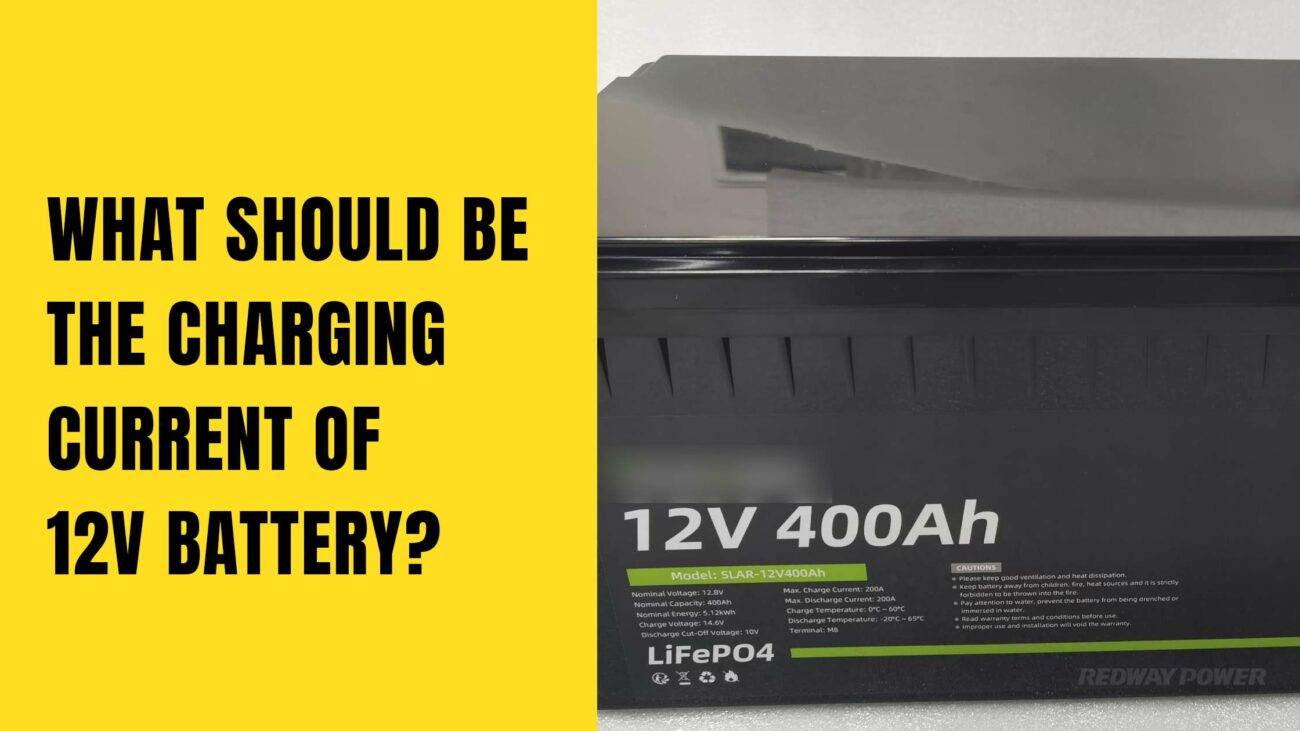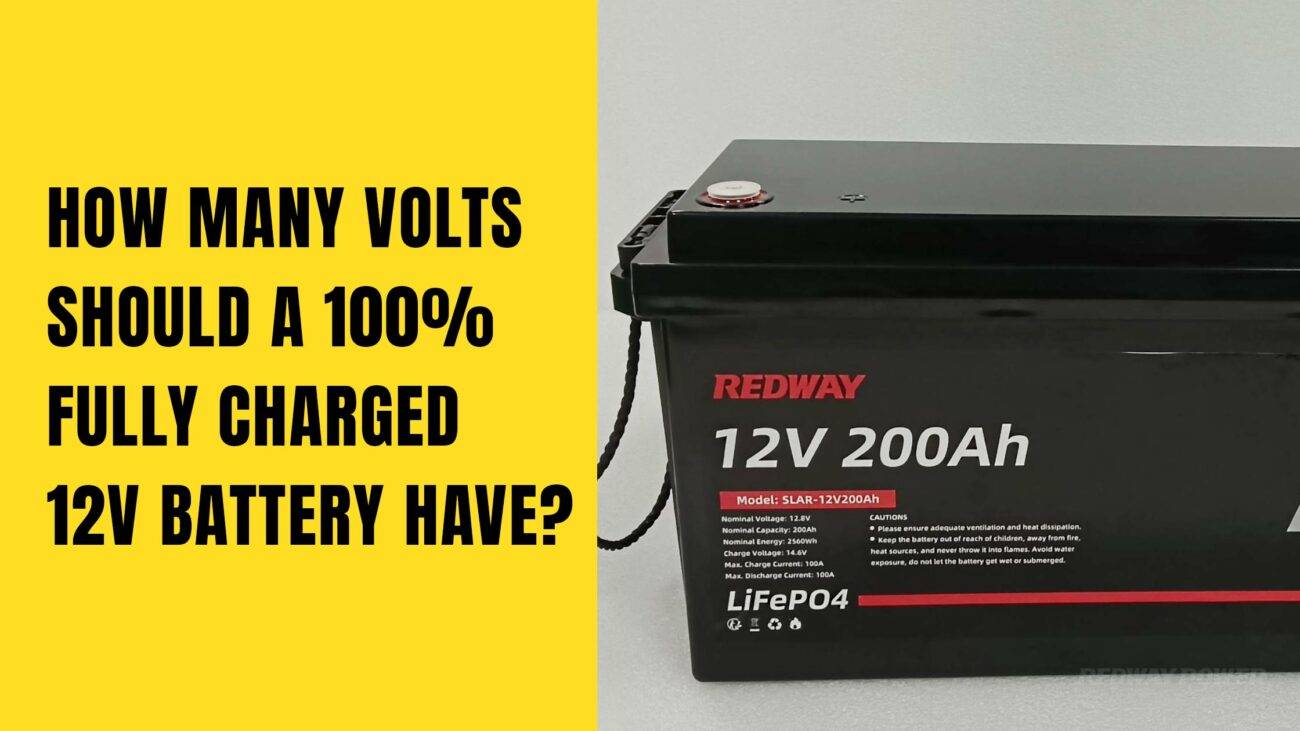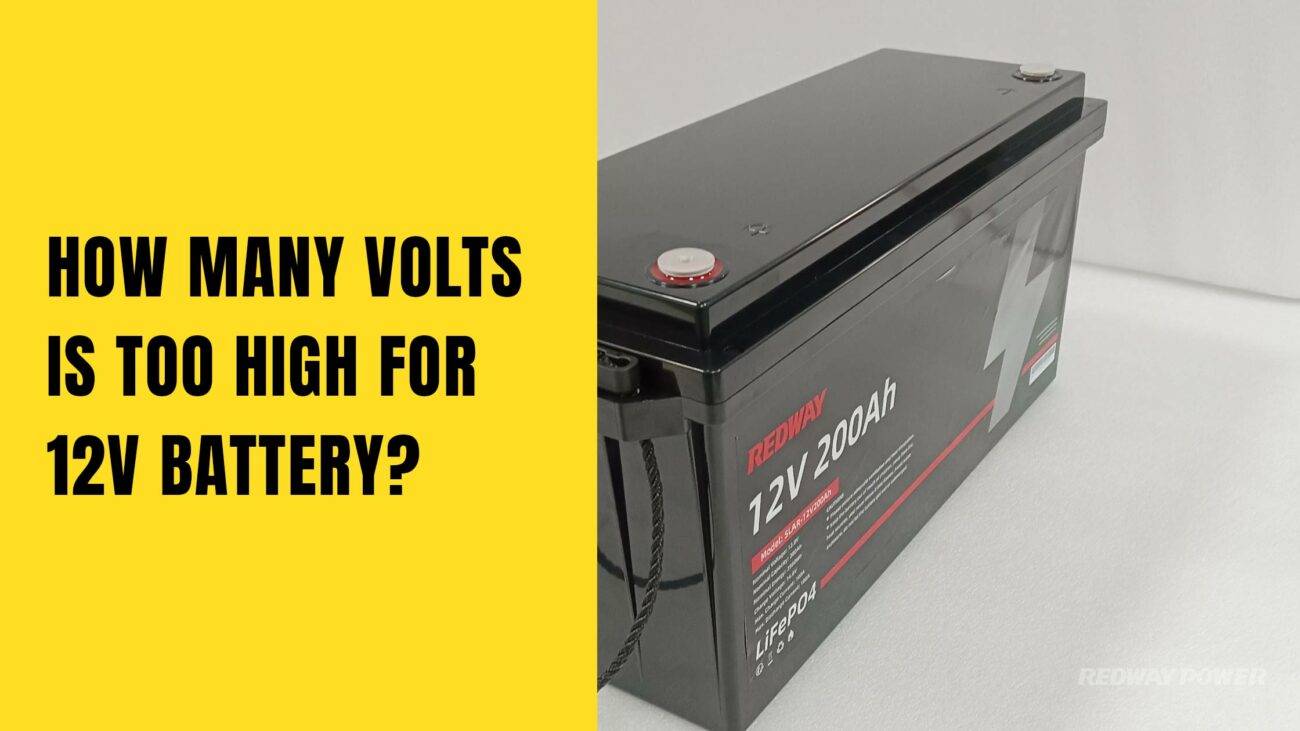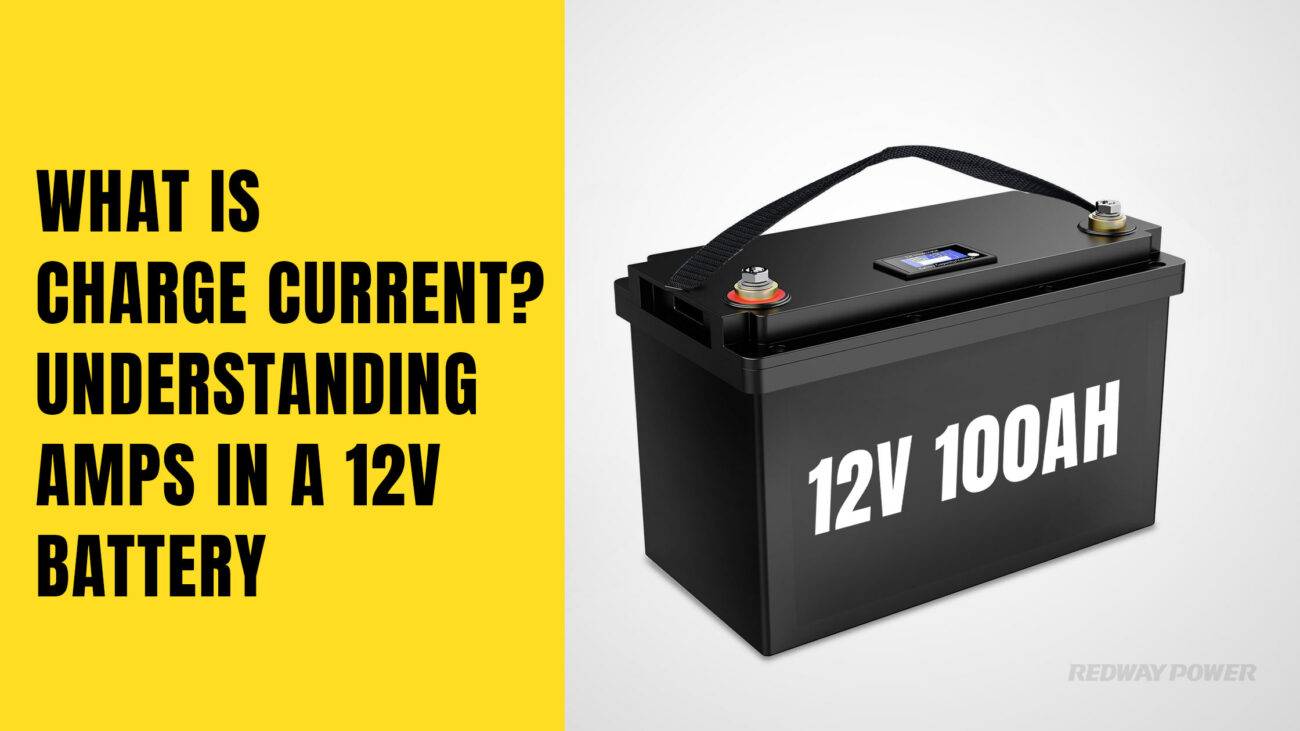- Lithium Golf Cart Battery
- Forklift Lithium Battery
-
48V
- 48V 210Ah
- 48V 300Ah
- 48V 420Ah (949 x 349 x 569 mm)
- 48V 420Ah (950 x 421 x 450 mm)
- 48V 456Ah
- 48V 460Ah (830 x 630 x 590 mm)
- 48V 460Ah (950 x 421 x 450 mm)
- 48V 460Ah (800 x 630 x 600 mm)
- 48V 460Ah (820 x 660 x 470 mm)
- 48V 500Ah
- 48V 560Ah (810 x 630 x 600 mm)
- 48V 560Ah (950 x 592 x 450 mm)
- 48V 600Ah
- 48V 630Ah
-
48V
- 12V Lithium Battery
12V 150Ah Lithium RV Battery
Bluetooth App | BCI Group 31
LiFePO4 Lithium
Discharge Temperature -20°C ~ 65°C
Fast Charger 14.6V 50A
Solar MPPT Charging - 24V Lithium Battery
- 36V Lithium Battery
- 48V Lithium Battery
-
48V LiFePO4 Battery
- 48V 50Ah
- 48V 50Ah (for Golf Carts)
- 48V 60Ah (8D)
- 48V 100Ah (8D)
- 48V 100Ah
- 48V 100Ah (Discharge 100A for Golf Carts)
- 48V 100Ah (Discharge 150A for Golf Carts)
- 48V 100Ah (Discharge 200A for Golf Carts)
- 48V 150Ah (for Golf Carts)
- 48V 160Ah (Discharge 100A for Golf Carts)
- 48V 160Ah (Discharge 160A for Golf Carts)
-
48V LiFePO4 Battery
- 60V Lithium Battery
-
60V LiFePO4 Battery
- 60V 20Ah
- 60V 30Ah
- 60V 50Ah
- 60V 50Ah (Small Size / Side Terminal)
- 60V 100Ah (for Electric Motocycle, Electric Scooter, LSV, AGV)
- 60V 100Ah (for Forklift, AGV, Electric Scooter, Sweeper)
- 60V 150Ah (E-Motocycle / E-Scooter / E-Tricycle / Tour LSV)
- 60V 200Ah (for Forklift, AGV, Electric Scooter, Sweeper)
-
60V LiFePO4 Battery
- 72V~96V Lithium Battery
- Rack-mounted Lithium Battery
- E-Bike Battery
- All-in-One Home-ESS
- Wall-mount Battery ESS
-
Home-ESS Lithium Battery PowerWall
- 24V 100Ah 2.4kWh PW24100-S PowerWall
- 48V 50Ah 2.4kWh PW4850-S PowerWall
- 48V 50Ah 2.56kWh PW5150-S PowerWall
- 48V 100Ah 5.12kWh PW51100-F PowerWall (IP65)
- 48V 100Ah 5.12kWh PW51100-S PowerWall
- 48V 100Ah 5.12kWh PW51100-H PowerWall
- 48V 200Ah 10kWh PW51200-H PowerWall
- 48V 300Ah 15kWh PW51300-H PowerWall
PowerWall 51.2V 100Ah LiFePO4 Lithium Battery
Highly popular in Asia and Eastern Europe.
CE Certification | Home-ESS -
Home-ESS Lithium Battery PowerWall
- Portable Power Stations
What should 12V battery be when charging?
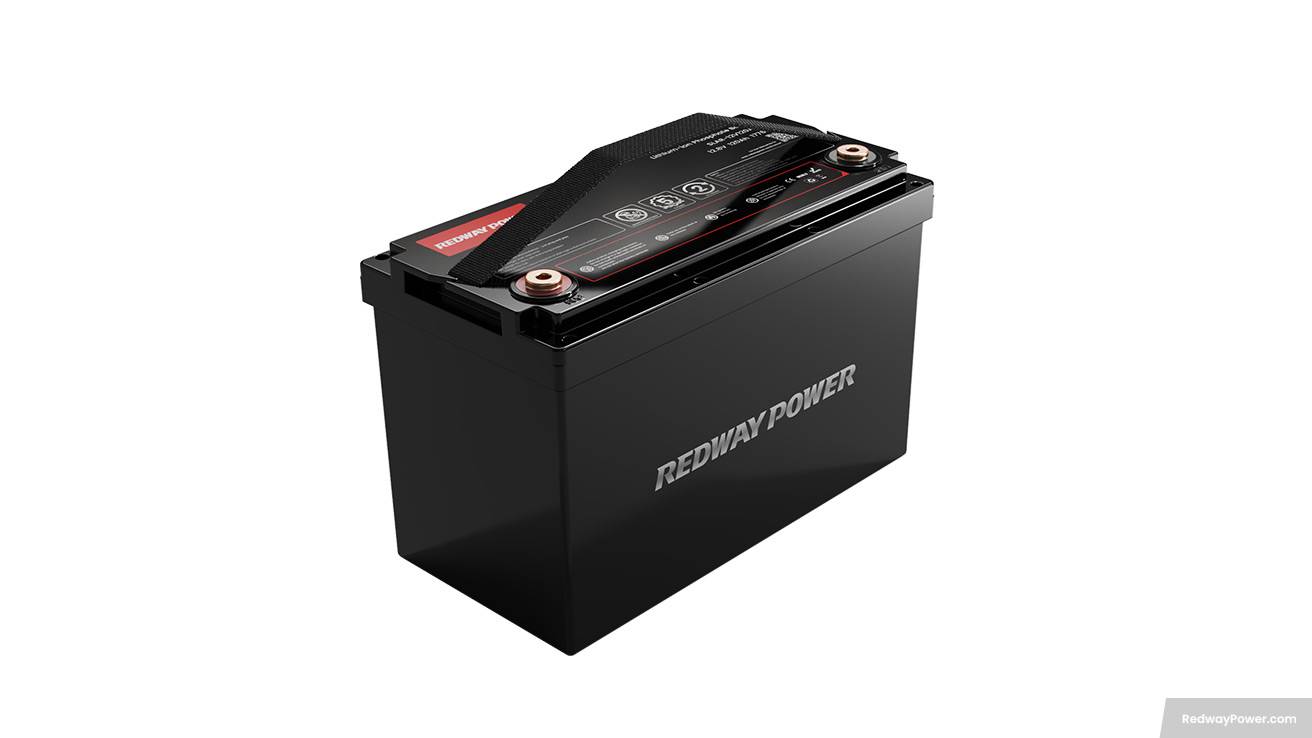
Unlock the secrets of 12V batteries for optimal charging! Whether you’re a DIY enthusiast or a seasoned car owner, knowing how to charge your 12V battery is crucial. In this post, we’ll explore the charging voltage, factors influencing it, and the ideal range, ensuring your battery stays charged for peak performance. Grab your multimeter and join us on this journey to keep your battery ready for action!
Understanding 12V Batteries
Understanding 12V batteries is essential for powering vehicles, boats, and portable devices. Let’s break it down:
- What They Are: 12V batteries are rechargeable power sources providing electrical energy at 12 volts. They consist of six cells connected in series, each producing around 2.1 volts.
- Types of 12V Batteries: Common types include lead-acid (affordable and reliable, widely used in vehicles) and lithium-ion (higher energy density and longer lifespan, with a higher price tag).
- How They Work: All 12V batteries, regardless of type, store chemical energy when charged and convert it into electrical energy when discharged. This makes them crucial for starting engines and powering systems on the go.
In essence, 12V batteries are compact powerhouses, playing a vital role in our everyday activities.
Factors Affecting Charging Voltage
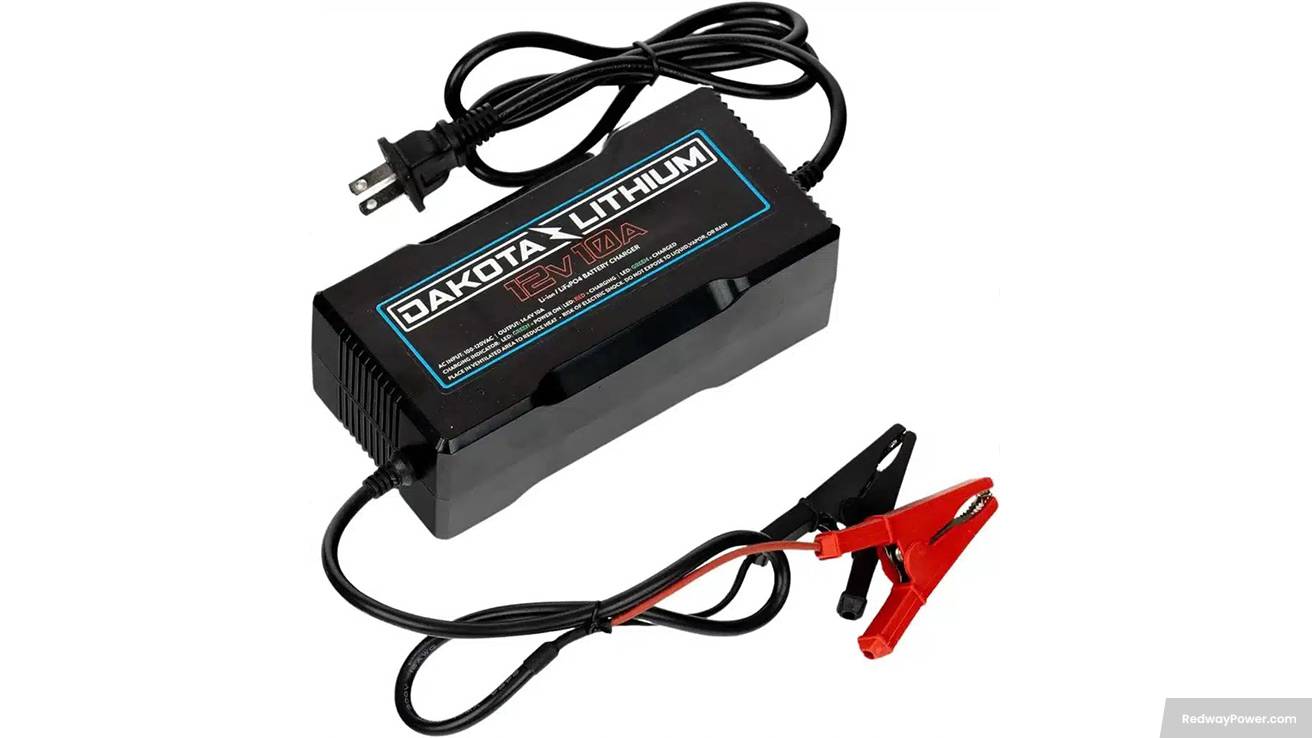
Charging a 12V battery involves considering various factors that influence the required voltage. Let’s break it down:
- State of Charge: The battery’s state of charge matters. A fully discharged battery needs a higher charging voltage than a partially charged one.
- Temperature Impact: Temperature matters – charging in hot or cold conditions affects voltage requirements. Adjust your charging process accordingly.
- Charger Type: The charger you use is crucial. Different chargers have different output voltages, so choose one compatible with your specific battery.
- Battery Capacity: The battery’s capacity matters. Larger batteries may need more volts to reach full capacity, while smaller ones require less.
Understanding these factors is crucial to prevent overcharging or undercharging, ensuring your battery stays healthy and lasts longer. Proper monitoring and adherence to charging techniques are key for optimal performance.
Ideal Charging Voltage for a 12V Battery
Knowing the ideal charging voltage for your 12V battery is essential to ensure optimal performance and longevity. Let’s break it down:
- Ideal Voltage Range: The recommended charging voltage for a 12V battery is typically between 13.8 and 14.4 volts. This range ensures efficient charging without causing damage.
- Consider External Factors: Note that the ideal voltage can vary based on factors like temperature and battery type. Extreme temperatures may impact battery performance, so factor this into your charging decisions.
- Monitoring and Adjustments: Use a multimeter or voltmeter to check the charging voltage. If it’s too low or high, take these steps:
- Ensure secure connections between the charger and battery.
- Verify that the charger is set within the recommended voltage range.
- Monitor ambient temperature, as extremes can affect charging efficiency.
- Avoid leaving batteries unattended during charging.
- Consider maintenance chargers for long-term storage to prevent undercharging or overcharging.
By adhering to these tips and consulting your battery manufacturer’s recommendations, you’ll ensure proper charging practices for your specific battery.
How to Check the Voltage of Your 12V Battery
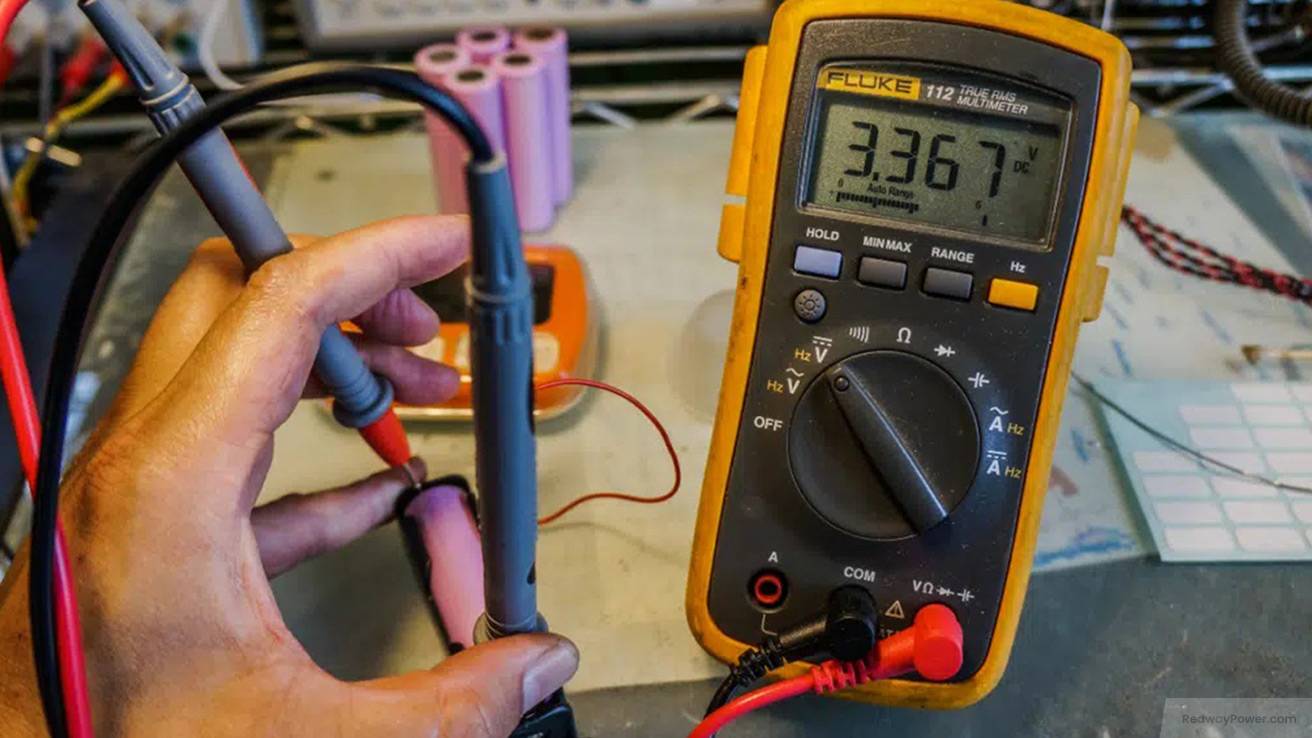
Regularly checking the voltage of your 12V battery is crucial for optimal function and preventing power issues. Here’s a simplified guide:
- Equipment Needed: Use a multimeter to check your battery’s voltage. Turn it on, set it to DC Voltage mode, and connect the red probe to the positive terminal and the black probe to the negative terminal.
- Reading the Voltage: Read the displayed measurement on the multimeter. Ideally, a fully charged 12V battery should show between 12.6 to 12.8 volts.
- Interpreting Readings:
- Below the ideal range may indicate the need for recharging or replacement.
- Above 14 volts could suggest overcharging or voltage regulation issues.
Regular voltage checks empower timely maintenance, extending your battery’s lifespan and ensuring reliable power supply when needed.
Tips for Properly Charging a 12V Battery
Charging a 12V battery requires attention to detail for proper and efficient charging. Here’s a straightforward guide:
- Choose the Right Charger: Always use a charger specifically designed for 12V batteries to avoid overcharging or undercharging, which can damage the battery.
- Pre-Charging Preparation: Before connecting, clean the battery terminals to ensure a solid connection and efficient charging. Remove any corrosion or dirt buildup.
- Safe Charging Environment: Select a safe charging location, avoiding flammable surfaces and open flames. Ensure proper ventilation to prevent harmful gas buildup during charging.
- Follow Manufacturer’s Instructions: Connect the battery to the charger following the manufacturer’s instructions carefully. Match the positive and negative terminals with their respective leads.
- Monitor Voltage: Regularly use a voltmeter or multimeter to monitor the voltage during charging. Keep track of the charge progress until it reaches the ideal voltage range.
- Prompt Disconnect: Once fully charged, promptly disconnect the battery from the charger to avoid overcharging, which can damage the battery or shorten its lifespan.
By adhering to these simple tips, you can ensure a proper charge for your 12V battery, leading to optimal performance when needed.
Common Issues with Overcharging or Undercharging
Understanding the potential issues of overcharging or undercharging a 12V battery is crucial. Let’s simplify:
- Overcharging Risks: Overcharging accelerates wear, reduces lifespan, and can cause permanent damage. Excessive voltage leads to gassing, heat buildup, electrolyte loss, and internal corrosion. In extreme cases, overcharged batteries may leak or pose a safety risk.
- Undercharging Consequences: Insufficient charging voltage leads to sulfation, where sulfate crystals build up on battery plates, reducing capacity and shortening lifespan. The battery becomes less effective at holding a charge.
- Preventive Measures:
- Use an appropriate charger with adjustable voltage settings.
- Monitor charging progress to stay within the recommended voltage range.
- Follow manufacturer guidelines for proper charging procedures.
- Avoid prolonged storage without maintenance by periodically charging based on recommended intervals.
Understanding these issues helps maximize the performance and lifespan of your 12V batteries. Always be mindful of charging within specified limits to preserve your investment in these essential power sources.
FAQs
Why does Prius have unique electrical behaviors?
The Prius exhibits unique electrical behaviors due to its hybrid powertrain system. By combining an internal combustion engine with an electric motor, the Prius optimizes fuel efficiency and reduces emissions. Notable behaviors include regenerative braking, which converts kinetic energy into electrical energy to recharge the hybrid battery, and engine auto-stop, where the gasoline engine shuts off during idle or low power demands. These features enhance energy efficiency, extend the electric range, and contribute to the Prius’ reputation as a fuel-efficient and eco-friendly vehicle.
How do different conditions affect battery discharge and recharging?
Different conditions can affect battery discharge and recharging. Extreme temperatures, both hot and cold, can impact battery performance and lifespan. High temperatures can accelerate battery discharge, while cold temperatures can reduce battery capacity. Battery age, usage patterns, and charging methods also influence battery discharge and recharging. It is important to avoid extreme temperatures, follow recommended charging methods, and consider battery age and usage patterns for optimal battery performance and longevity.
What electrical issues occurred with Prius and a teardrop camper?
Some electrical issues that have occurred with a Prius and a teardrop camper include insufficient power supply, compatibility issues, and wiring problems. Insufficient power supply may arise if the electrical system of the teardrop camper exceeds the capacity of the Prius’ battery. Compatibility issues can occur when connecting the electrical systems of the two vehicles. Wiring problems, such as faulty connections or inadequate wiring, can also lead to electrical issues.
How do charging settings impact battery health and maintenance?
Charging settings can have a significant impact on battery health and maintenance. Overcharging can lead to battery degradation and reduced lifespan, while undercharging can result in insufficient battery capacity. Using the correct charging settings, such as the appropriate voltage and current, can help optimize battery health and maximize its lifespan. It is important to follow manufacturer guidelines and recommendations for charging settings.
What Does Uneven Drain Indicate in Batteries?
Uneven drain in batteries can be caused by factors such as exceeding the parallel connection limit, differences in brand, model, and capacity of batteries, and significant voltage differences before parallel connection. These issues can lead to imbalances in the charging and discharging process, affecting battery performance. By understanding these factors, users can identify and address the causes of uneven drain, ensuring optimal battery function.
How Battery Voltage Affects Warranty Decisions?
Battery voltage plays a crucial role in warranty decisions, particularly for car batteries. Low voltage can indicate decreased battery performance and capacity. Warranty agreements often include specific voltage thresholds, and deep discharge or overcharge beyond these limits may void the warranty. Some advanced battery systems use voltage monitoring to track battery health. Adhering to voltage guidelines and warranty conditions ensures optimal warranty coverage.
How Do RV Owners Check Battery Power?
RV owners can check battery power by using a digital voltmeter to measure the voltage at the battery bank. A reading under 12.5 volts indicates discharged batteries suitable for converter testing. Plugging the RV into AC power and rechecking the voltage can provide additional information. This step-by-step guide offers a clear and concise method for RV owners to assess their battery power.
What is Surface Charge’s Voltage Impact?
Surface charge in a battery leads to a slightly elevated voltage, resulting in a false state-of-charge (SoC) reading based on voltage alone. To obtain an accurate SoC measurement, it is crucial to normalize the battery’s condition. This can be achieved by switching on electrical loads to remove about 1 percent of the battery’s capacity or allowing the battery to rest for a few hours. These steps ensure a more reliable assessment of the battery’s true state of charge.
Why Discharge Below 40% Maximizes Life?
Discharging a Li-ion battery below 40% can maximize its lifespan by minimizing the depth of discharge (DoD). This practice reduces stress on the battery and helps maintain optimal charging levels between 40% and 80%. By avoiding deep discharges, users can balance the performance of individual cells within the battery pack and preserve the battery’s overall longevity.
What’s the Voltage of a Fully Charged Battery?
The voltage of a fully charged battery varies depending on the battery type. For lead acid batteries, such as those used in cars, a fully charged battery typically measures around 12.6 volts at rest. Li-ion batteries, commonly found in portable electronic devices, have a fully charged voltage around 4.2 volts per cell. Monitoring the battery’s voltage is essential for assessing its health and ensuring optimal performance.
















